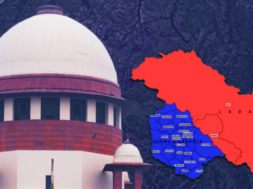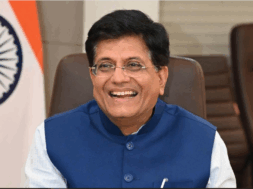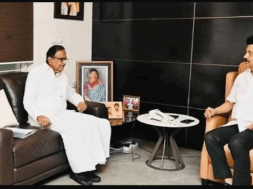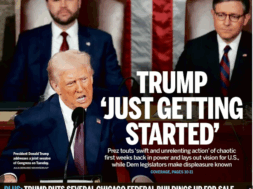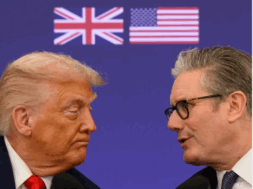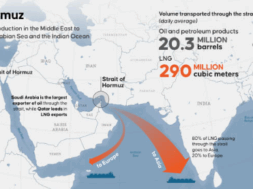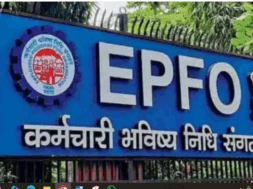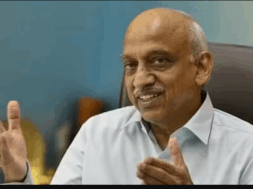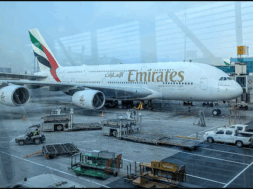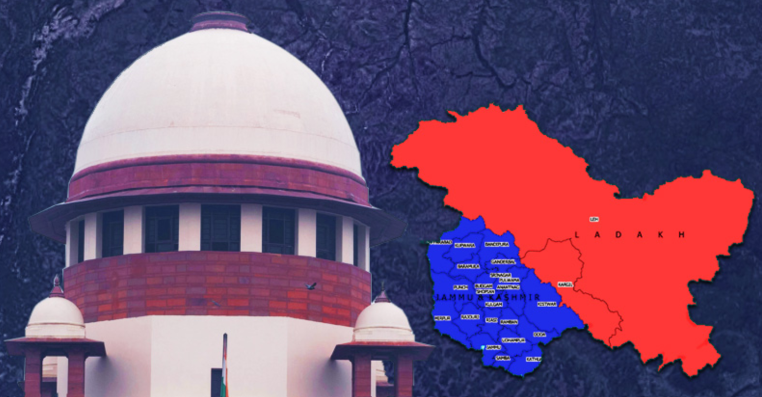
Jammu & Kashmir: SC upholds abrogation of Article 370; asks for Assembly polls by Sept. 2024
New Delhi: Seventy-five years after Maharaja Hari Singh integrated the princely state of Jammu and Kashmir with the Indian Union, the Supreme Court on Monday sealed the matter as a fait accompli, upholding the Narendra Modi Government’s 2019 decision to legally abrogate the Article 370 and the “special status” to the restive border state that went by it, and directed that elections to its State Assembly be held by September 2024.
In a unanimous and landmark judgment, the five-judge Constitution Bench, headed by Chief Justice of India D Y Chandrachud, the apex court dismissed challenges to the Centre’s move, asserted Article 370’s temporary nature, and validated the President’s powers to revoke it.
With this ruling, all the claims of Jammu and Kashmir’s “special status” have been laid to rest.
Upholding the government’s decision to abrogate Article 370, which bestowed a “special status” on the erstwhile state, it said statehood to the Union Territory of J&K should be restored as soon as possible and steps should be taken to conduct elections to the State Assembly by September 30 next year. Writing the judgment for himself and Justices Gavai and Surya Kant, Chief Justice Chandrachud also upheld the validity of the decision to carve out the UT of Ladakh from J&K on August 5, 2019, when the government abrogated Article 370 and bifurcated the state into two union territories – J&K and Ladakh.
The erstwhile state does not have internal sovereignty different from other states of the country, the court said. “… all provisions of the Indian Constitution can be applied to J&K.”
“We hold the exercise of Presidential power to issue constitutional order abrogating Article 370 of the Constitution as valid,” the CJI said.
“The Constituent Assembly of J&K was never intended to be a permanent body,” the CJI stated. Article 370 was an interim arrangement due to war conditions in the erstwhile state. The princely state had become an integral part of India, which is evident from Articles 1 and 370.
The Constitution Bench, comprising CJI D Y Chandrachud and Justices Gavai, Surya Kant, Sanjay Kishan Kaul, and Sanjiv Khanna, assembled at 10.56 am in the Supreme Court to pronounce the three separate and concurring judgments. Justices Kaul and Khanna wrote their judgments separately.
In his concurring judgment, Justice Khanna said the purpose of Article 370 was to slowly bring Jammu and Kashmir at par with other Indian states. He directed the setting up of a Truth-and-Reconciliation Commission to probe human rights violations by the state and non-state actors.
The apex court reserved its verdict in the matter on September 5 after a 16-day hearing on a batch of petitions challenging the abrogation of the provisions of Article 370.
This article was a feature of asymmetric federalism and not a signifier of J&K’s sovereignty. The Presidential Order relating to the scrapping and the J&K Reorganization Act of 2019, enacted by Parliament, was constitutionally valid.
It said the Constituent Assembly of J&K was a temporary body and therefore its absence could not prevent Parliament from abrogating the special status. The perception that existed for a long time was that since Jammu and Kashmir did not have a Constituent Assembly, Article 370 would continue to hold. The court also said that it cannot sit in appeal over the Presidential Declaration and Order as to whether special circumstances existed or not.
The court held that J&K did not retain an element of sovereignty when it joined India as the proclamation of the Maharaja of Kashmir stated that the Constitution of India would supersede. Jammu & Kashmir became an integral part of India and this is evident from the language of Articles 1 and 370 of the Constitution.
Justice Sanjay Kishan Kaul opined that the purpose of Article 370 was to bring the state of J&K on par with other states of India. He also recommended the setting up of a Truth and Reconciliation Committee to investigate the incidents of violations of human rights by state and non-state actors since the 1980s.
There were three separate but concurring opinions. CJI Chandrachud authored the first one for himself, Justices BR Gavai and Surya Kant while Justices Sanjay Kishan Kaul and Sanjiv Khanna wrote separate but concurring opinions.
The challenge to the abrogation was premised on the nature of the process. The petitioners argued that Parliament had appropriated to itself the role of the Constituent Assembly, which, according to the petitioners, was untenable and illegal.
They said that Article 370 was a temporary provision that had become permanent and that the concurrence of the State Government was not taken before the far-reaching changes. They also assailed the J&K Governor for dissolving the Legislative Assembly without the aid and advice of the Council of Ministers.
The Centre argued that the border state had given up on its sovereignty when it acceded to India and there cannot be two separate Constitutions to govern one country. It also stood its ground that due process was followed in the whole affair.
(VP)
